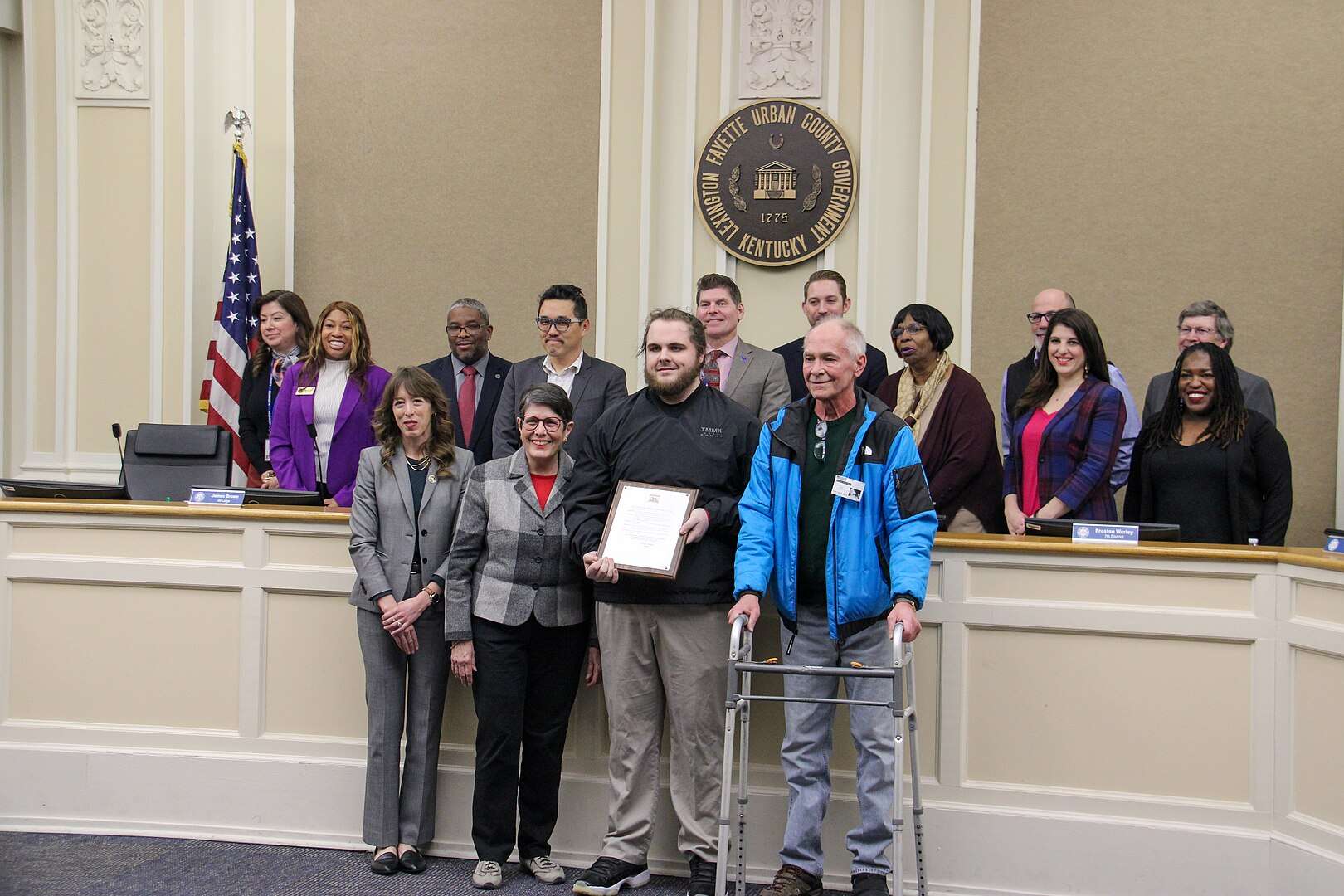Lexington’s vice mayor talks collaboration and nonpartisan governance on podcast

LEXINGTON, Ky. – As Lexington continues to evolve, the city’s vice mayor recently attributed much of its success to a collaborative spirit and nonpartisan governance structure that he says fosters innovation and inclusivity. These insights were shared on a recent episode of the Next City podcast, a show that says it aims to highlight “changemakers” in urban environments.
Dan Wu, the vice mayor of Lexington, spoke of the importance of relationships and a new collaborative network in achieving community goals. “We’ve taken that same relational element of Lexington because that’s how you get stuff done,” Wu said. “It’s all about who you know. But who I know isn’t the granddaddy, old Lexington name. It’s this new network we’re all building together.”

Lexington’s nonpartisan local government, established in 1974, has been a cornerstone of its political landscape. “When you vote for us, there’s no R, there’s no D next to our name,” Wu said. “And that single thing is, I think, the most important thing about why Lexington is the way it is today.”
This nonpartisan setup encourages rigorous debate and improved legislation, according to Wu. “What I love about our council is when somebody brings something up at a council meeting, the rest of us will poke holes in it. Not out of any sort of spite or maliciousness. […] And we whittle away and we poke holes, and then we create better legislation that makes more sense for all of our constituents.”
Wu urges other cities to consider adopting a similar governance model. “If any city has an opportunity to change their charter and go nonpartisan, you absolutely have to do it. It will make your city functional.”
Richard Young, founder and executive director of CivicLex, also appeared on the show and emphasized the relational proximity and culture of experimentation that define Lexington. “You may have a project that fails, but I still care about you. You’re my neighbor, and you’re still a valuable part of this community. So, I’ll show up for the next thing you do,” Young said.
Young said his CivicLex organization has played a pivotal role in community engagement, notably through initiatives like “On the Table,” which gathered input from over 10,000 residents for the city’s comprehensive plan. “Instead of having 150 or 300 community voices, we had well over 10,000 voices,” Young said. “It heavily influenced what happened in the comprehensive plan.”
Young says that by fostering such robust community dialogue, CivicLex has also been able to educate residents on critical issues. “The very act of having conversations about what you want the future of your community to look like can be an opportunity to educate people about the actual things that make it what it is,” he said.
A differing perspective
CivicLex recently drew flak from local journalist and advocate Danny Mayer over its receipt of a $95,000 city contract. Mayer, the founder and publisher of North of Center, who ran unsuccessfully for mayor in 2014, wrote that the contract represented a breach of journalistic ethics.
The funds for the CivicLex contract were added to the city budget during the October 2023 fund balance reconciliation discussion. Dan Wu, a former CivicLex board member, introduced the proposal.

Recommended Posts

Kamala Harris needs a VP candidate. Could a governor fit the bill?
Fri, July 26, 2024
After cyber-attack on Jefferson County Clerk, Fayette counterpart discusses precautions
Fri, July 26, 2024
An eastern Kentucky animal shelter is swelling this summer
Fri, July 26, 2024
